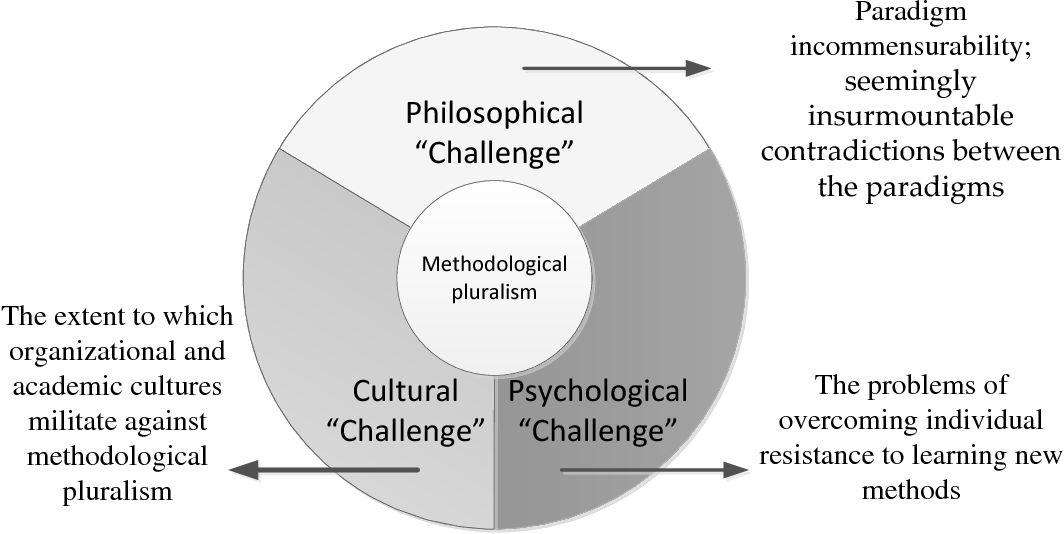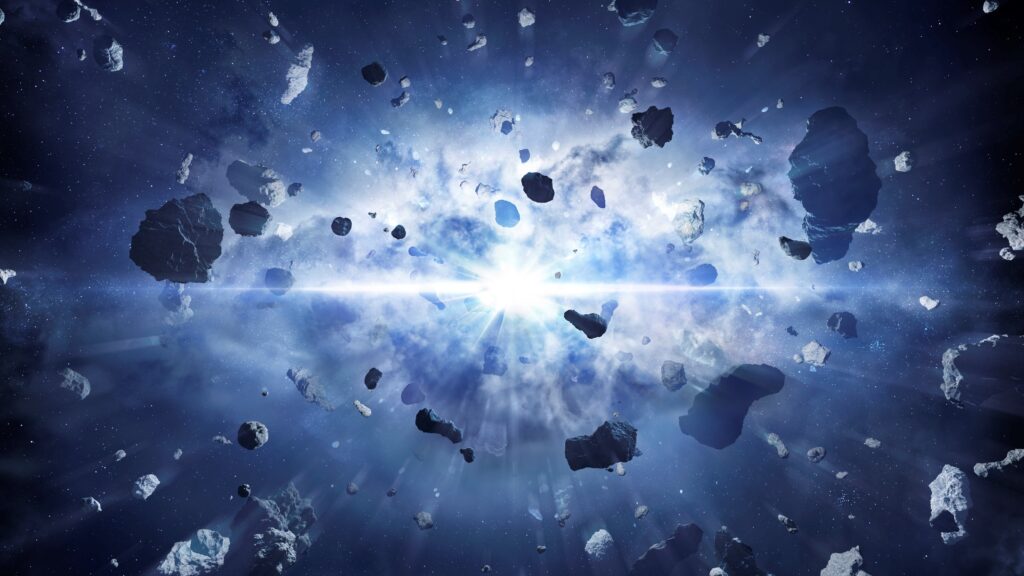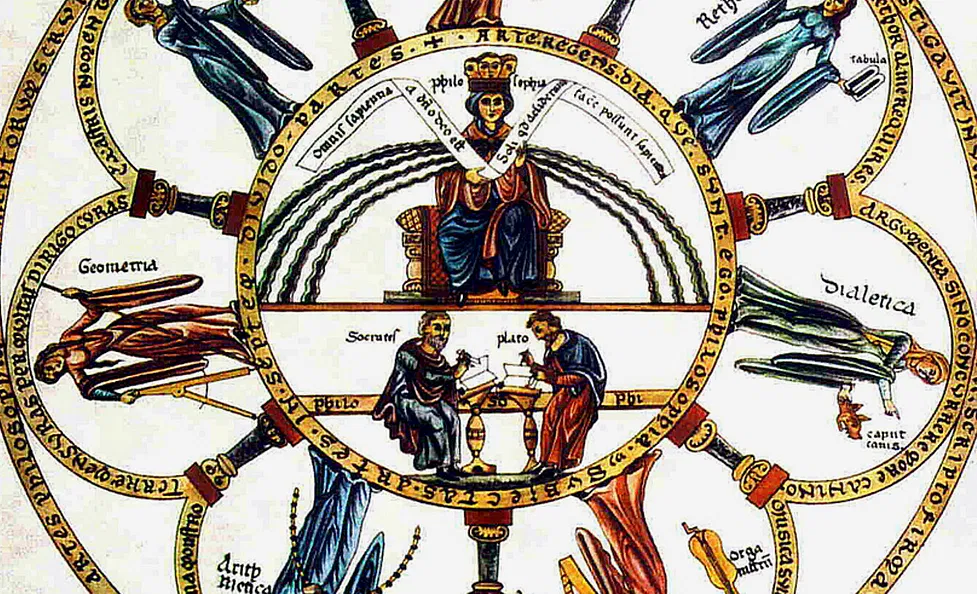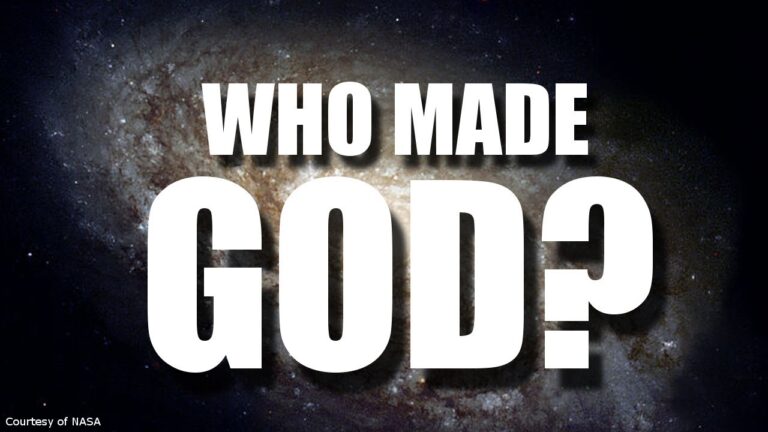Welcome to a profound exploration of one of philosophy’s most intriguing questions: If God made everything, who made God? This article delves into the realms of theology, philosophy, and modern cosmology to explore the origins of the universe and the concept of God. As a highly regarded philosopher, I invite you to join a journey that goes beyond traditional answers, introducing concepts from simulation theory to existential queries about reality and divinity. This article isn’t just a read—it’s an invitation to question and deeply ponder the mysteries of existence.
Related: Exploring Existence: Do Time and Space Define Reality
Classical Theological Perspective
Many religious traditions view God as the “uncaused cause”—the Prime Mover who exists without creation. Classical theism deeply embeds this concept, presenting God as eternal, without beginning or end, and thus needing no creator. God exists necessarily, present in all possible worlds, with a nature independent of external creation.
Aquinas and the Unmoved Mover: Thomas Aquinas claims that a first mover set everything in motion, identifying this first mover as God. He ventures into metaphysics, discussing causality and existence. For Aquinas, this first mover, influenced by no preceding force, exists necessarily—a being whose essence necessitates its existence.
Anselm’s Ontological Argument: Anselm of Canterbury argues that God, “than which nothing greater can be conceived,” exists as the greatest conceivable being. Since existing in reality surpasses merely existing in the mind, God must exist in reality. This argument makes us reconsider the nature of existence itself. Read more about Anselm’s argument from the Stanford Encyclopedia of Philosophy.

Philosophical Challenges and Counterarguments
Critics of traditional theism argue logically that the creation chain must include God. They claim that if every effect requires a cause, then so must God.
The Infinite Regress Argument: Philosophers contend that if all things have a cause, God must too. This argument challenges the exemption often granted to God. If God can exist without a cause, perhaps the universe can too.
Contingency and Necessity: Some argue that only contingent beings—those not inherently required to exist—need a cause. If we define God as a necessary being, then we need not seek a creator for God. This distinction prompts us to question the nature of existence and whether the universe itself might be necessary.

Modern Cosmological Insights
Recent advances in cosmology and physics have challenged traditional views of a divine creator.
Big Bang Theory: This theory posits that the universe originated from an infinitely dense point about 13.8 billion years ago. As the universe has expanded, cosmologists have traced this expansion back to its origin, questioning what preceded the Big Bang, and whether the universe must be considered contingent or necessary. Explore the Big Bang further with NASA.
Quantum Mechanics and the Universe: Some quantum physicists propose that quantum fluctuations can spontaneously generate matter, suggesting that the universe could emerge from “nothing,” where ‘nothing’ is a state inherently unstable enough to produce ‘something’. This idea challenges the notion that the universe requires a divine creator. Delve into quantum theories at Physics.org.

Simulation Theory and Existential Considerations
Simulation theory offers a modern twist on metaphysical questions by suggesting our reality might be a simulated environment created by an advanced civilization.
Are We in a Simulation?: Nick Bostrom posits that if simulating consciousness is technologically feasible, we are more likely existing in a simulation than in base reality. This hypothesis raises questions about the nature of our reality and the existence of a ‘simulator’, who would be god-like within our context. Learn about the simulation hypothesis from Scientific American.
Implications for Divine Creation: This hypothesis complicates traditional theological and philosophical discussions about God. If our reality is a simulation, the simulator appears god-like. This scenario circles back to who created the simulator, underscoring our understanding’s limitations.

Philosophical and Theological Synthesis
Exploring God’s existence intertwines various disciplines, each adding insights into the puzzle of existence and divine nature.
Pantheism and Panentheism: Some views suggest that God and the universe are identical (pantheism) or that God encompasses but is not limited to the universe (panentheism). These ideas present alternative creation views, suggesting a co-eternal existence of God and the universe, shifting the discussion from causality to identity. Read about pantheism at the Internet Encyclopedia of Philosophy.
Concluding Thoughts: An Invitation to Wonder
This exploration serves as a catalyst for deeper reflection on existence and the concept of God. The question of who made God, if any, encourages us to explore human understanding’s limits and the vast philosophical landscapes. As you consider these ideas, think about what resonates with your beliefs, experiences, and universe understanding. This journey is personal yet universally profound, reflecting human consciousness’s grand quest to grasp the unknowable.


